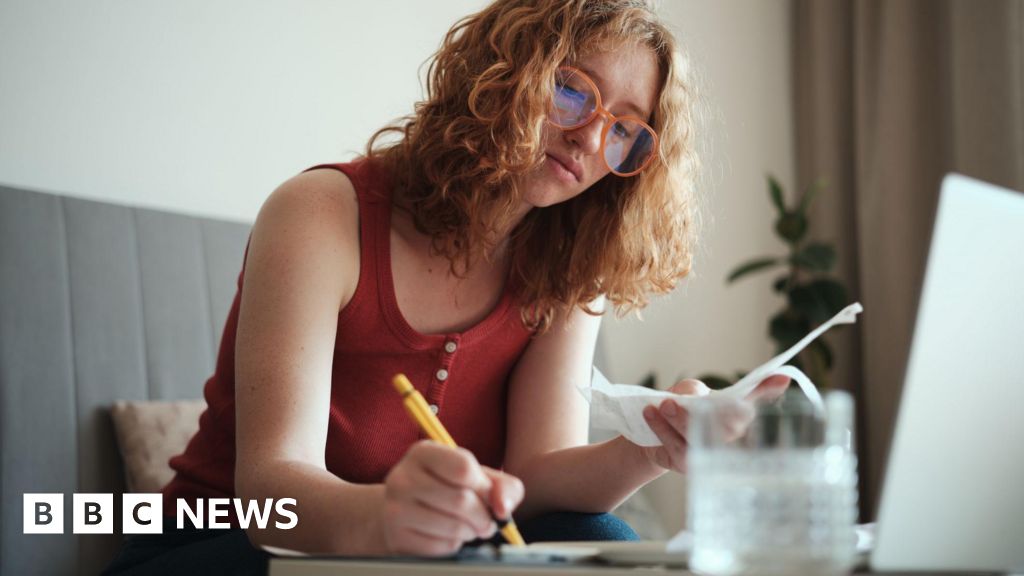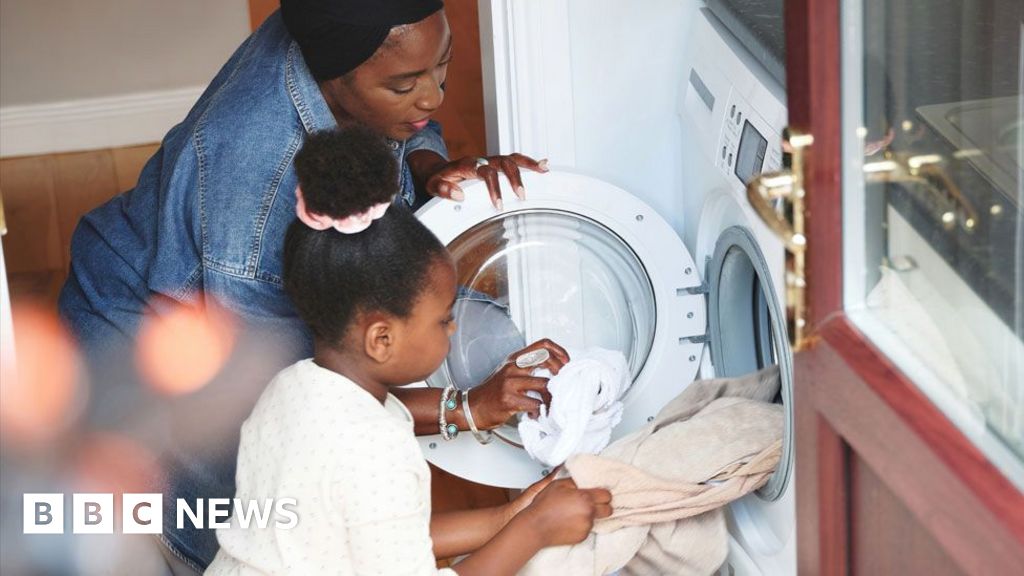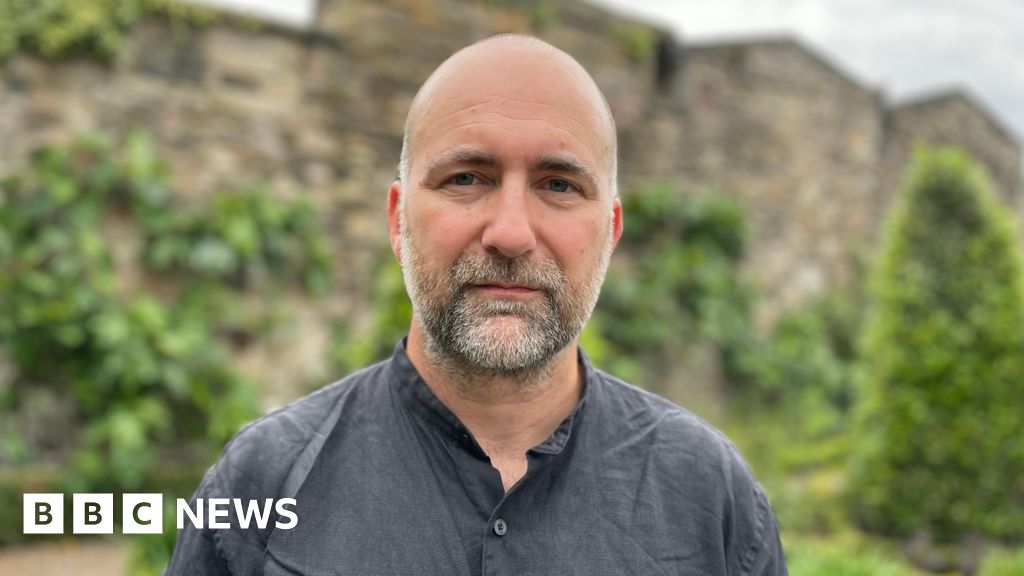The UK government is launching a consultation with businesses on how taking retaliatory tariff measures against the US would impact them.
It comes after US President Donald Trump announced new tariffs of 10% on all UK imports.
The government has previously said it would not be rushed into a knee-jerk response to Trump's imposition of tariffs on its trading partners around the world while insisting all options were on the table.
But in a toughening of this stance, Business Secretary Jonathan Reynolds told MPs he would "seek the views of UK stakeholders over four weeks until 1 May 2025 on products that could be potentially included in any UK tariff response".
He said talks were ongoing with the US government to secure an economic deal aimed at avoiding or reducing tariffs but warned that the UK "reserves the right to take any action we deem necessary if a deal is not secured".
In the event of reaching a deal with the US, the consultation with businesses would be paused, he added.
Speaking in the House of Commons, he said the fact the US had put lower tariffs on the UK compared to other countries "vindicated the pragmatic approach the government has taken". However, he said he was "disappointed" by the increase.
Conservative shadow business secretary Andrew Griffith questioned Reynolds' claim that the government's approach had been "vindicated".
"The government got no special favours," he said noting that the UK was facing the same tariffs as more than 125 other countries and territories including the Congo and the Christmas Islands.
He said the EU was being hit by 20% tariffs and the UK's lower rate of 10% was actually a vindication of those who "were pilloried and abused" for backing Brexit.
"They [Labour] should regret the 48 times they voted to stay in Europe and thank us for getting Brexit done."
Liberal Democrat deputy leader Daisy Cooper said Trump was telling the UK he would only lower tariffs "if you lower your standards".
"If the government gives in to Trump's threats it will only encourage him to use the same bullying tactics again and again."
She reiterated her party's call for an "economic coalition of the willing" against the tariffs.
In addition to the 10% tariffs, a 25% tariff has been put on UK car exports, as well as steel and aluminium products.
The UK exported almost £60bn worth of goods to the US last year, mainly machinery, cars and pharmaceuticals.
The government's official forecaster estimates a worst-case scenario trade war could reduce UK economic growth by 1% and wipe out the £9.9bn of economic headroom Chancellor Rachel Reeves gave herself at last week's Spring Statement.
It could mean that in order to meet her own fiscal rules, she would have to raise taxes or make cuts to government spending.

 Movie
Movie 2 months ago
68
2 months ago
68 



![Presidents Day Weekend Car Sales [2021 Edition] Presidents Day Weekend Car Sales [2021 Edition]](https://www.findthebestcarprice.com/wp-content/uploads/Presidents-Day-Weekend-car-sales.jpg)



 English (United States)
English (United States)